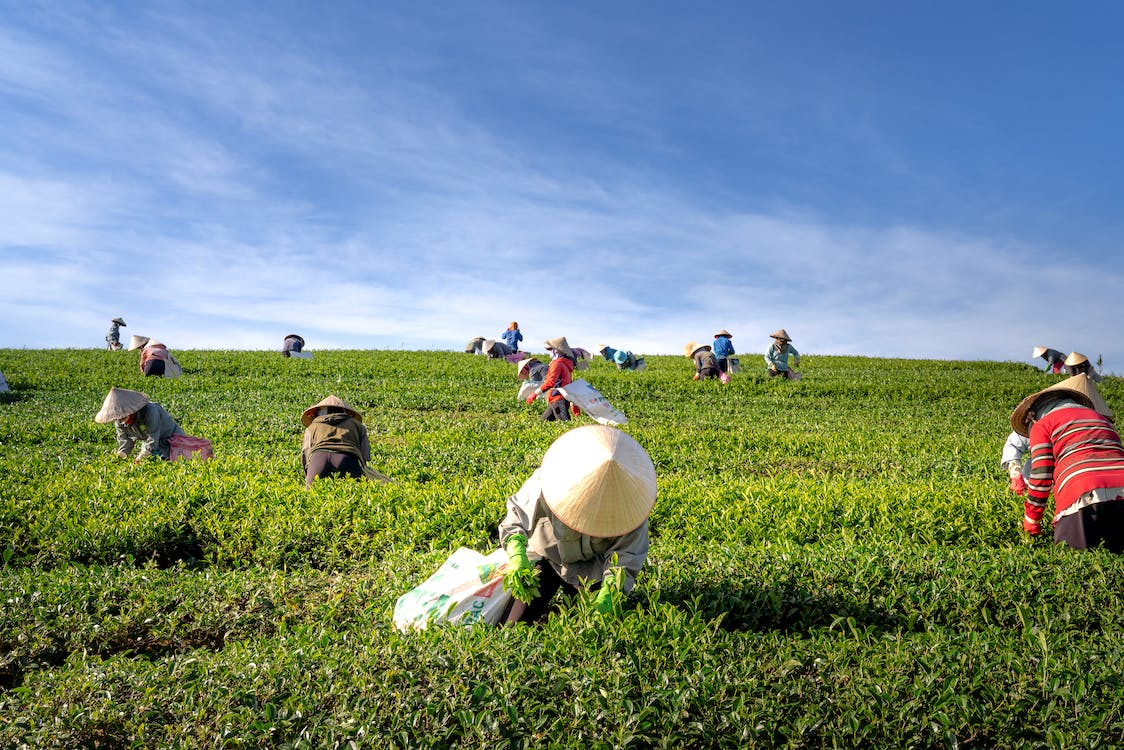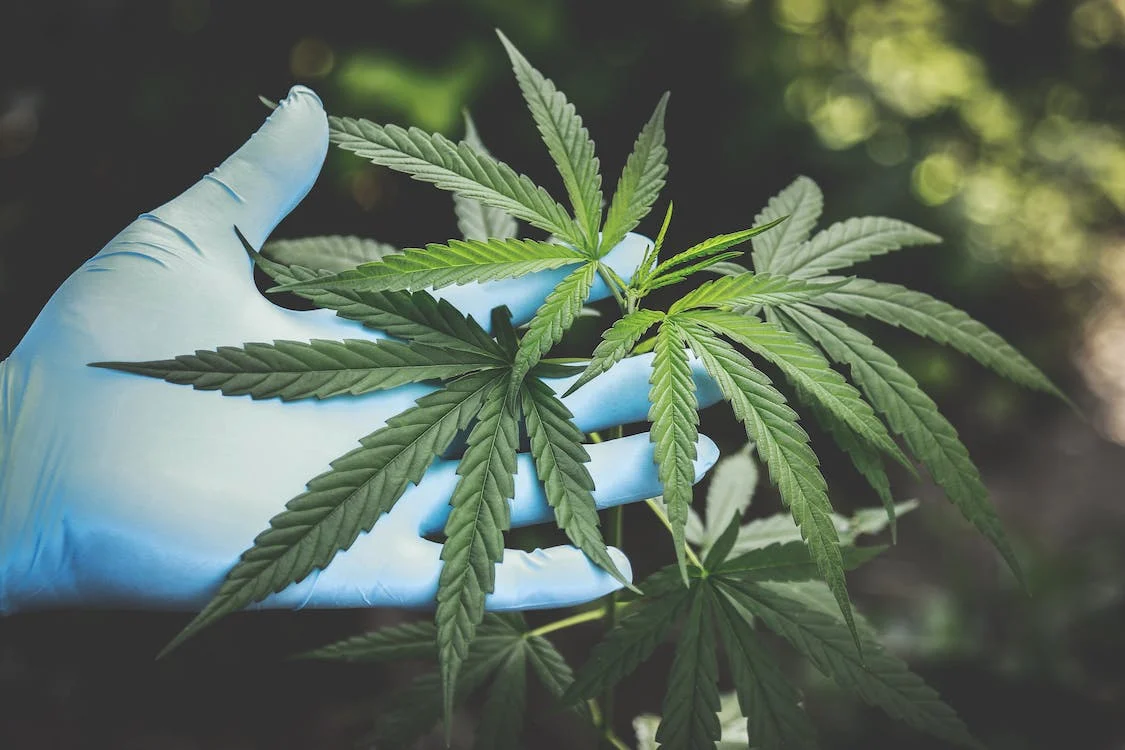Generically Modified Seeds – Your environment’s death-sentence?

While many are pleased with this invention, GM seeds may have proven to cause more harm than good.
While genetically modified seeds:
- yield more attractive crops (since crops are less likely to turn brown)
- produce crops that have a longer shelf life
- have increased nutritional value,
They also:
- negatively impact insects and other species
- cause outcrossing where genes from GM crops pass into other crops and wild plants
- could cause famine
Read more to learn about the negative impact of GM seeds on the environment.
GM Seeds and Their Environmental Impact
Some environmental concerns about genetically modified seeds include:
- Genetic pollution
GM crops are greatly resistant to herbicides. This could lead to “superweeds”. One such famous example of genetic pollution is the case of the Canadian farmer Percy Schmeiser. His fields were polluted with “Round-up Ready” canola by pollen from a GMO farm nearby.
This dispersal of altered genes into wild populations is called genetic pollution.
Some preventative measures include:
- GURTs: Although developed for the purpose of privacy protection, Genetic Use Restriction Technologies can be used to prevent transgenes from dispersing into the environment. One method that was introduced by GeneSafe technologies was called the “Terminator”.
This method prevents hybridization by activating or deactivating some genes in response to specific stimuli. This technology was created to cause second-generation seeds to be infertile.
Keen to learn more about GURTs aka suicide seeds? Learn more now.
- Physical containment: Barriers such as screens in greenhouses, filters in labs, and isolation distances help prevent the escape of transgenes.
Although isolation distances haven’t been as successful, they’re still a preventative measure.
- Mitigation: This applies specifically to pathogen resistance. For example, if a protection trait was introduced to a weed, a negative trait would also have to be introduced. The reason for this would be to reduce the overall fitness of the weed. In this way, the possibility of reproduction would be lesser, along with the possibility of propagation of the transgene.
- Loss of genetic diversity
One of the environmental concerns about genetically modified seeds is the loss of genetic diversity.
When GM crops/GM seeds are introduced in a new habitat, it causes a transfer of these altered genes to the wild relatives of the crop (aka the traditional varieties). This would make the DNA become very similar between various individuals of a species. And this in turn would cause a loss of genetic diversity.
DNA in species needs to be increasingly variable in nature. This will help crops adapt to changing environments. But the advent of GM seeds is preventing this from happening.
A loss of genetic diversity would lead to a loss of biodiversity as well. This is because both are directly related.
Let’s look at an example of how a lack of genetic diversity led to a huge agricultural problem.
In the mid-1800s, there was a potato famine that Ireland fell victim to. (Learn more about the famine in this article) During this time, Ireland was majorly dependent on potatoes for nutrition. Instead of planting potatoes using seeds, they used a parent potato to create clones. This meant that all potatoes had the same genetic information. That’s why, P. infestans, an invasive pathogen was able to wipe out an entire population. Had the potatoes had different genes, some with favorable traits would have been saved.
The famine might have not been as catastrophic if Ireland had grown different varieties of potatoes.
- Emergence of resistance
Since GM seeds are engineered from a bacterium called Bacillus thuringiensis to make them resistant to insect attacks, insects could also develop resistance to the same toxins. This would make pesticides useless.
And without crop protection, more than half of our crops would easily be lost to diseases and other pests.
As it is, one in 7 of us is going hungry. We need to increase food productivity in order to reduce food shortage. Pesticides can help with that. With the help of pesticides, farmers can produce safe-to-consume, quality foods that can provide us with an abundance of nutrition. If GM seeds render pesticides useless, then it will cause even more food shortage problems.
- Hunger
Linked to the above point, the production of GM seeds has led to increased rates of hunger. Since the past 2 decades, ever since the emergence of GM technology, there has been a growth in the number of starving people. While this is happening, the companies producing these seeds are making huge profits.
In countries like Brazil and Argentina, genetically modified soy has wiped out energy-providing traditional crops like wheat, corn, potatoes, and millet; foods on which our daily diets are based.
- Environmental Pollution
Glyphosate herbicides are often sprayed on GM crops. Because of the widespread usage of these herbicides, weeds have grown to become resistant to glyphosate. And the more resistant these crops become, the more of these herbicides are sprayed.
Spraying glyphosate excessively can cause pollution through pesticide drift, runoff, and seeping through the ground. When it leeches through the ground, it can make its way to water sources. And when glyphosate mixes with water, it harms water quality. Changes in precipitation levels can determine how far this polluted water can travel.
This excessive amount of glyphosate can pose a threat to amphibians and other organisms too.
View this PDF to learn more about the environmental impacts of glyphosate.
GM Seeds: 4 Concerns for Farmers

Find out how GM seeds have severely affected family farmers.
- Concentration and corporate power:
Almost 60% of the seed market is controlled by just 4 companies: DuPont, Monsanto, Dow and Syngenta. This concentration has created a massive dent in farmers’ pockets.
The per-acre cost of soy and corn has increased drastically by 351% and 321% respectively between 1995 and 2014. These prices are a lot higher than the market price at which farmers receive corn and soy. This makes them run their farms at much tighter margins.
- Economic loss caused by contamination: There’s a “genetic drift’ that occurs when insects pollinate crops. When insects carry pollen from GM crops to traditional crops, it leads to contamination. This contamination holds farmers accountable. Farmers can even lose their organic certification along with the premium they earn for these crops.
- Extreme labor: Because of the superweeds that develop when plants develop high resistance to pesticides, farmers need to put in a lot of effort to remove or manage these weeds. More the manpower used to remove these weeds, the more money they may need to spend too.
- Patents: If farmers choose to buy GM seeds, they need to pay licensing fees. Along with this, they also need to sign contracts that dictate how they can and cannot grow the crop. Additionally, they’re also agreeing to GM seed companies overseeing how the farmers use the seeds to yield crops. This makes the farmers feel like they have no control.
And once they make the decision to buy these seeds, they need to buy them every year so that they’re not liable for patent infringement.
It’s also been observed that farmers are sued for “seed piracy” when unauthorized GM crops show up in their fields. Even though it’s not their fault at all, they need to bear the consequences.
How can we help farmers overcome these challenges?
- By giving them affordable and fair access to seeds, and by allowing them to reuse seeds as well.
- By offering increased funding in order to help them develop regionally and locally adapted seed varieties
- Making sure biotech companies are held accountable for GMO contamination. What’s happening now is that farmers themselves need to take responsibility for GMO contamination and bear huge economic losses.
Choose Hemp Over GMO Seeds Today

Why choose hemp products from Hemp Foundation over GM seeds?
While GM seeds pose some environmental threats, hemp products are beneficial to the environment in many ways.
Hemp reduces chemical pollution
Hemp is one of the fewest plants in the world that can grow in any climate, at any place. There’s no need to use fertilizers or pesticides because hemp naturally fights against diseases, weeds, and fungi. What’s more, it even cleans up toxins from the ground and reduces chemical pollution.
Hemp restores soil fertility
Hemp naturally replenishes the soil where it grows with carbon, nitrogen, and other nutrients. This helps restore the fertility and health of the soil.
Hemp seeds are highly nutritious
Did you know that hemp contains all the essential amino acids that the body needs? They’re also a great source of Vitamin B12, are anti-oxidant in nature, and help relieve inflammation and pain. Hemp as protein powder serves as a vegan, plant-based protein supplement.
Hemp even serves medicinal and cosmetic purposes. Additionally, it can also be used as a renewable biofuel, can be used to make fashionable clothes (without any chemical residues), and can even produce sustainable bio-plastics! So shop hemp products today.
Sources:
